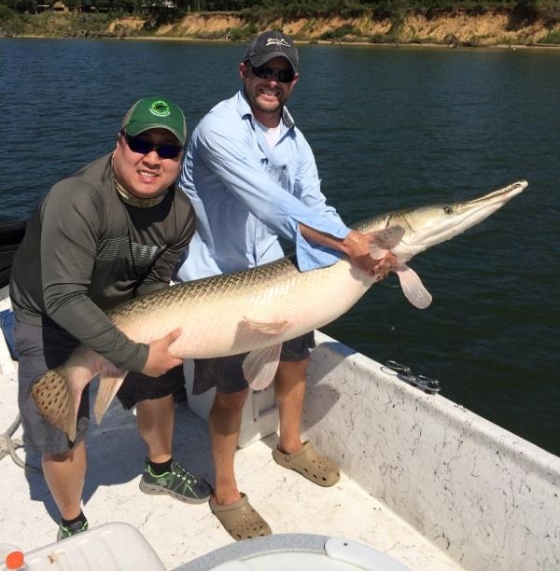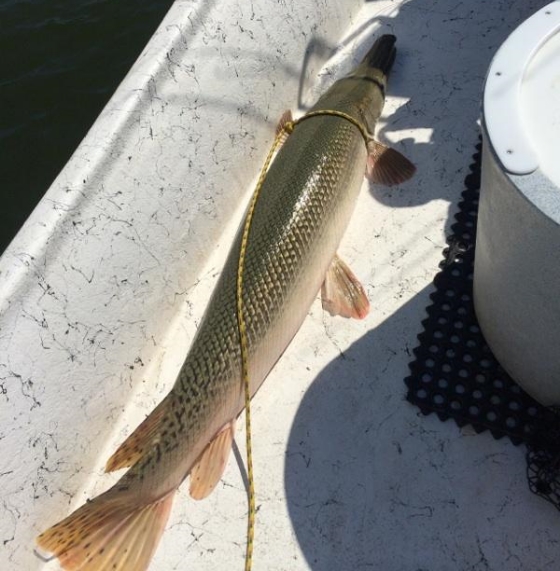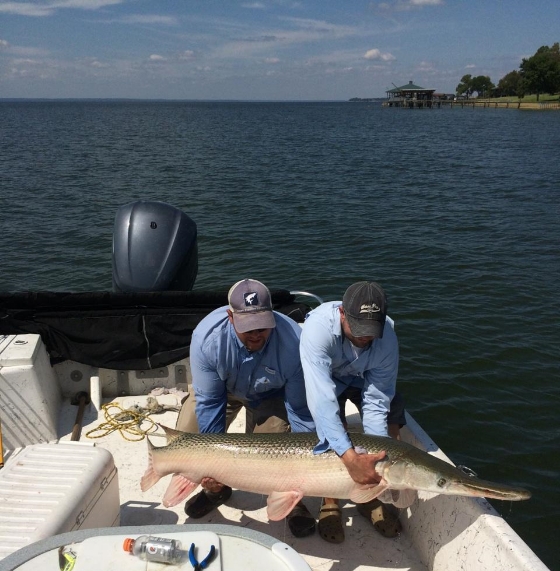Ever wondered what it's like to share a lake with some of nature's most ancient creatures? Lake Livingston, nestled in the heart of Texas, is home to a thriving population of alligators. These magnificent reptiles have been around for millions of years, and they play a crucial role in maintaining the ecosystem's balance. If you're curious about these fascinating creatures and their life in Lake Livingston, you're in the right place.
There's something undeniably captivating about alligators. They're not just ancient; they're survivors. These prehistoric beasts have adapted to their environment in ways that make them both fascinating and formidable. For those who frequent Lake Livingston, spotting an alligator is not uncommon, and it's an experience that leaves a lasting impression.
But before we dive deep into their world, let's address the elephant—or should we say, the alligator—in the room. Are alligators in Lake Livingston dangerous? How do they impact the local ecosystem? And most importantly, how can you safely enjoy the lake while coexisting with these creatures? Let's unravel the mystery together.
Read also:Staci Lynn Stonestreet The Rising Star Redefining Hollywoods Landscape
Understanding Alligators in Lake Livingston
Where Are Alligators Found in Lake Livingston?
Let's get one thing straight: alligators in Lake Livingston aren't just hanging out in random spots. They prefer specific areas where the water is calm, and the vegetation is lush. These gators are often spotted near the shoreline, especially in marshy areas and coves. If you're boating or fishing, keep an eye out for their telltale snouts poking above the water's surface.
Fun fact? Alligators are cold-blooded, meaning they rely on external heat sources to regulate their body temperature. That's why you'll often see them basking in the sun on logs or mudflats. It's like their version of a day at the beach! And hey, who can blame them? Who doesn't love a good sunbath?
Why Are Alligators Important for the Ecosystem?
Here's the thing: alligators might seem scary, but they're actually vital for the health of Lake Livingston's ecosystem. As apex predators, they help control the population of fish, turtles, and other aquatic creatures. Without them, the lake's ecosystem could become imbalanced, leading to overpopulation and environmental issues.
But that's not all! Alligators also create "gator holes," which are small depressions in the ground that hold water during dry spells. These holes provide refuge for other animals, ensuring that they have access to water even when the lake levels drop. Talk about being a good neighbor!
Alligator Behavior: What You Need to Know
How Do Alligators Behave in Lake Livingston?
Now, let's talk about behavior. Alligators in Lake Livingston are generally shy creatures. They'd much rather avoid humans than confront them. However, during mating season, which typically occurs in late spring, male alligators can become more aggressive. If you're out on the lake during this time, it's best to keep your distance and avoid making sudden movements.
Another interesting behavior is their hunting technique. Alligators are ambush predators, meaning they patiently wait for their prey to come within striking distance. They use their powerful tails to propel themselves through the water, catching fish, birds, and even small mammals with lightning speed. It's like watching a nature documentary unfold right before your eyes!
Read also:Jessi Faith The Rising Star You Need To Know About
Are Alligators in Lake Livingston Dangerous?
This is the million-dollar question, isn't it? The truth is, alligator attacks on humans are incredibly rare. In fact, according to the Texas Parks and Wildlife Department, there have only been a handful of documented incidents in the state. Most alligators are more afraid of us than we are of them.
That being said, it's still important to exercise caution. Never feed alligators, as this can make them lose their natural fear of humans. Also, keep pets on a leash and avoid swimming in areas where alligators are known to frequent. A little common sense goes a long way!
Living With Alligators: Tips for Coexistence
How Can You Safely Enjoy Lake Livingston?
So, you want to enjoy Lake Livingston without worrying about alligators? No problem! Here are a few tips to help you coexist peacefully with these magnificent creatures:
- Stick to designated swimming areas where alligator sightings are rare.
- Avoid swimming at dawn or dusk, as this is when alligators are most active.
- Keep a safe distance from alligators if you spot one. A good rule of thumb is to stay at least 60 feet away.
- Don't leave food or trash near the water's edge, as this can attract alligators.
- Always keep an eye on children and pets when near the lake.
By following these simple guidelines, you can enjoy all that Lake Livingston has to offer without putting yourself or the alligators at risk.
Conservation Efforts for Alligators in Lake Livingston
What Is Being Done to Protect Alligators?
Conservation is key to ensuring that alligators continue to thrive in Lake Livingston. Thanks to efforts by organizations like the Texas Parks and Wildlife Department, alligator populations have rebounded significantly in recent years. Hunting is now strictly regulated, and there are programs in place to monitor and protect these incredible creatures.
Additionally, educational programs are helping to raise awareness about the importance of alligators in the ecosystem. By teaching people how to coexist with alligators, we can reduce conflicts and ensure that these ancient reptiles have a bright future.
Interesting Facts About Alligators
Did You Know?
Alligators are full of surprises! Here are a few interesting facts to impress your friends:
- Alligators have been around for over 150 million years, making them living fossils.
- They can live up to 50 years in the wild and even longer in captivity.
- Female alligators are fiercely protective of their young and will guard their nests until the babies hatch.
- Alligators can hold their breath for up to two hours underwater.
- They have an impressive bite force of around 2,125 pounds per square inch!
Who knew these creatures were so fascinating? The more we learn about alligators, the more we appreciate their unique qualities and the role they play in the ecosystem.
Myths and Misconceptions About Alligators
Separating Fact from Fiction
There are plenty of myths surrounding alligators, and it's time to set the record straight. Here are a few common misconceptions:
- Myth: Alligators can run as fast as cheetahs on land.
Fact: While alligators are surprisingly quick in short bursts, they can only reach speeds of about 11 miles per hour on land. - Myth: Alligators are immune to disease.
Fact: Like all animals, alligators can get sick. However, their strong immune systems help them fight off infections. - Myth: Alligators are blind in water.
Fact: Alligators have excellent vision both above and below the water's surface.
By dispelling these myths, we can better understand and appreciate these incredible creatures.
Ecological Impact of Alligators
How Do Alligators Benefit the Environment?
Alligators are often referred to as "keystone species," meaning they have a disproportionately large impact on their environment. By controlling the populations of other animals, they help maintain a healthy balance in the ecosystem. Additionally, their "gator holes" provide vital habitats for other creatures during dry spells.
But that's not all! Alligators also play a role in nutrient cycling. When they eat fish and other animals, they redistribute nutrients throughout the ecosystem, ensuring that plants and other organisms have access to the resources they need to thrive.
Future of Alligators in Lake Livingston
What Lies Ahead?
The future looks bright for alligators in Lake Livingston, thanks to ongoing conservation efforts and increased public awareness. As long as we continue to respect and protect these creatures, they will remain an integral part of the lake's ecosystem for generations to come.
However, challenges still remain. Climate change, habitat loss, and human encroachment are just a few of the threats facing alligators today. It's up to all of us to do our part in ensuring that these ancient creatures continue to thrive in their natural habitat.
Conclusion: Embracing Our Wild Neighbors
As we've explored in this article, alligators in Lake Livingston are far more than just scary predators. They're fascinating creatures with a vital role to play in maintaining the ecosystem's balance. By understanding their behavior, respecting their space, and supporting conservation efforts, we can ensure that these magnificent reptiles continue to thrive.
So, the next time you're out on Lake Livingston and spot an alligator, take a moment to appreciate its beauty and significance. And remember, coexistence is possible when we approach these creatures with respect and understanding.
What are your thoughts on alligators in Lake Livingston? Have you had any memorable encounters with these incredible creatures? Share your stories in the comments below, and don't forget to share this article with your friends and family!
Table of Contents
- Understanding Alligators in Lake Livingston
- Where Are Alligators Found in Lake Livingston?
- Why Are Alligators Important for the Ecosystem?
- Alligator Behavior: What You Need to Know
- How Do Alligators Behave in Lake Livingston?
- Are Alligators in Lake Livingston Dangerous?
- Living With Alligators: Tips for Coexistence
- How Can You Safely Enjoy Lake Livingston?
- Conservation Efforts for Alligators in Lake Livingston
- What Is Being Done to Protect Alligators?


